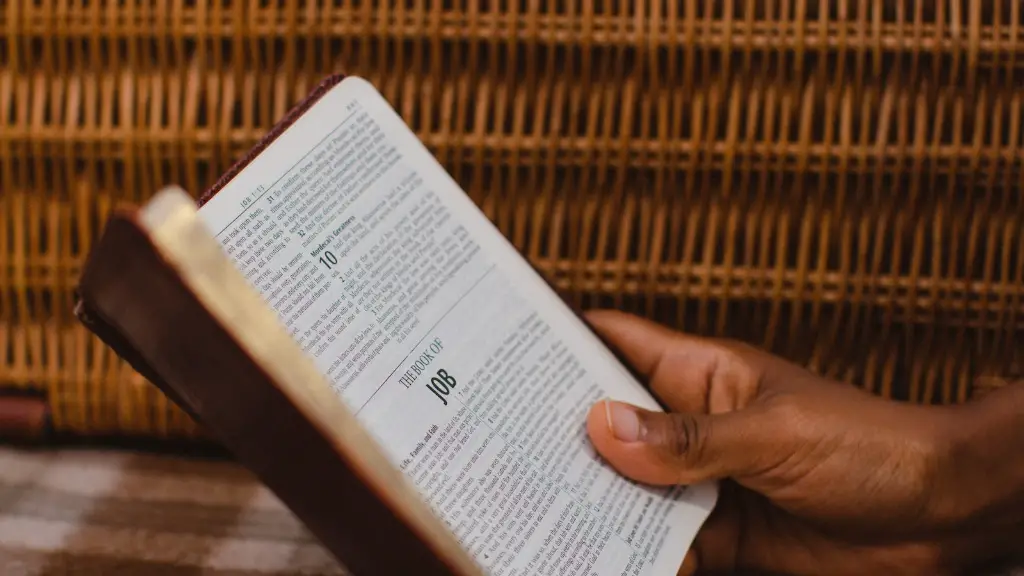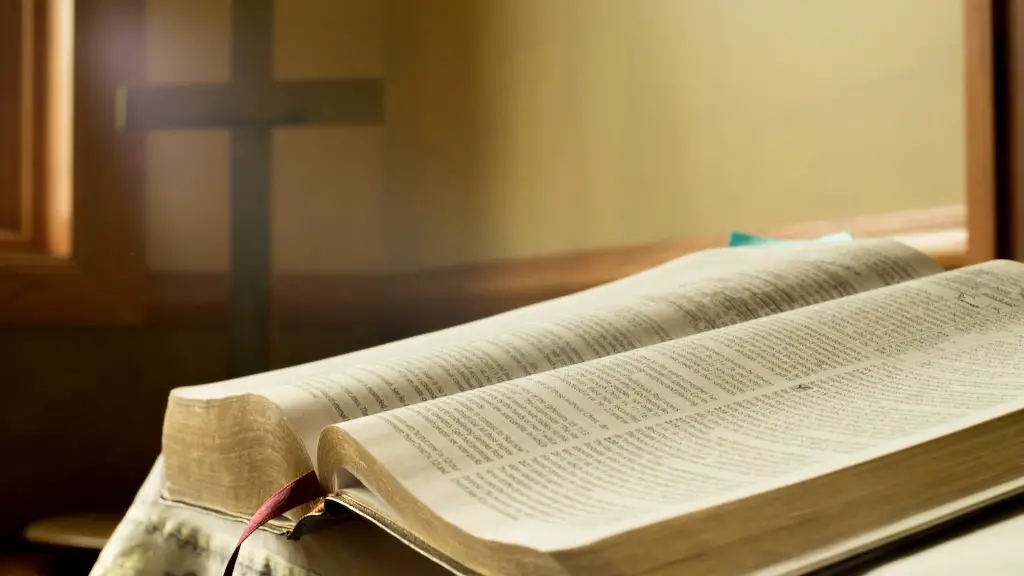Definition of Divination
Divination is a practice derived from many ancient cultures and religions, including the Bible. It is defined as the practice of seeking knowledge of the future or the unknown by supernatural or occult means. In particular, it commonly involves some form of ritual or meditation to discern hidden knowledge and is often associated with prophecy. In the Bible, divination is always seen as something that is of no benefit to the practitioner and strictly forbidden.
Vale of Divination in the Bible
The Bible proclaims that divination is of no benefit to the practitioner, as it can lead to spiritual deception. As recorded in Deuteronomy 18:10, “Let no one be found among you who practices divination or sorcery, interprets omens, engages in witchcraft, or casts spells, or who is a medium or spiritist or who consults the dead.” In the book of Jeremiah 23, God states his rejection of the religious practices of divination. He reveals that false prophets use divination to deceive people and lead them astray by claiming to receive messages from God. It is also said that Balaam and his donkey were examples of divination being used as a tool of deception.
False Divination in the Bible
In Ezekiel 13:1-7, God speaks against the false prophets who practice divination. He condemns their behaviour and claims that their divination is worthless and that their predictions are false. Ezekiel 14:1-5 demonstrates once again the degrading nature of false divination. God states that those who practice it should not be respected or trusted, as their “visions are false and the divinations a lie.”
Divination as Necromancy
Divination can also be a form of necromancy, which is defined as the act or practice of communicating with the spirits of the dead in order to gain knowledge or power. The Bible mentions this practice in several places, such as Deuteronomy 18:11 and Leviticus 19:31. It is forbidden to consult mediums, necromancers, or diviners, as these practices are connected to the occult and are considered against God’s commandment.
Conclusion of the Bible
In conclusion, the Bible is clear in its position on divination. It forbids it in all forms and condemns it as being of no benefit to the practitioner. It repeatedly speaks against false prophets and their divination, as it is seen as a tool of deception and against the will of God. As such, it should not be practiced.
Types of Divination
Divination is a practice found in many cultures and religions, and the means of achieving it varies from one to the next. Some of the most common forms of divination include tarot, astrology, scrying, palmistry, and numerology.
Tarot
Tarot is a type of divination that uses a set of 78 cards with symbolic images, each of which has its own meaning. Tarot cards are used to gain knowledge of the past, present and future, as well as to gain deeper insight into oneself.
Astrology
Astrology is a form of divination that uses the positions of the planets, stars and the moon to interpret the character and life of an individual. It is based on the belief that the positions and alignment of celestial bodies have a direct bearing on the lives of humans.
Scrying
Scrying is a form of divination that uses a reflective surface, such as a mirror, crystal ball or bowl of water, to gaze into and receive knowledge of the past, present and future events.
Palmistry
Palmistry is a form of divination that uses the lines and features on the palms of the hands for fortune telling. It is based on the belief that the shape and features of the hand can reveal information about an individual’s character and future.
Numerology
Numerology is a form of divination that uses numbers to gain insight into an individual’s character and life. It is based on the belief that numbers can reveal information about an individual’s life path, strengths and weaknesses, and potential future.
Conclusion of Types of Divination
In conclusion, divination is a practice found in many cultures and religions and can take many forms. The most common forms are tarot, astrology, scrying, palmistry and numerology. Each of these practices uses a different set of symbols or objects to gain insight into the past, present, and future.



